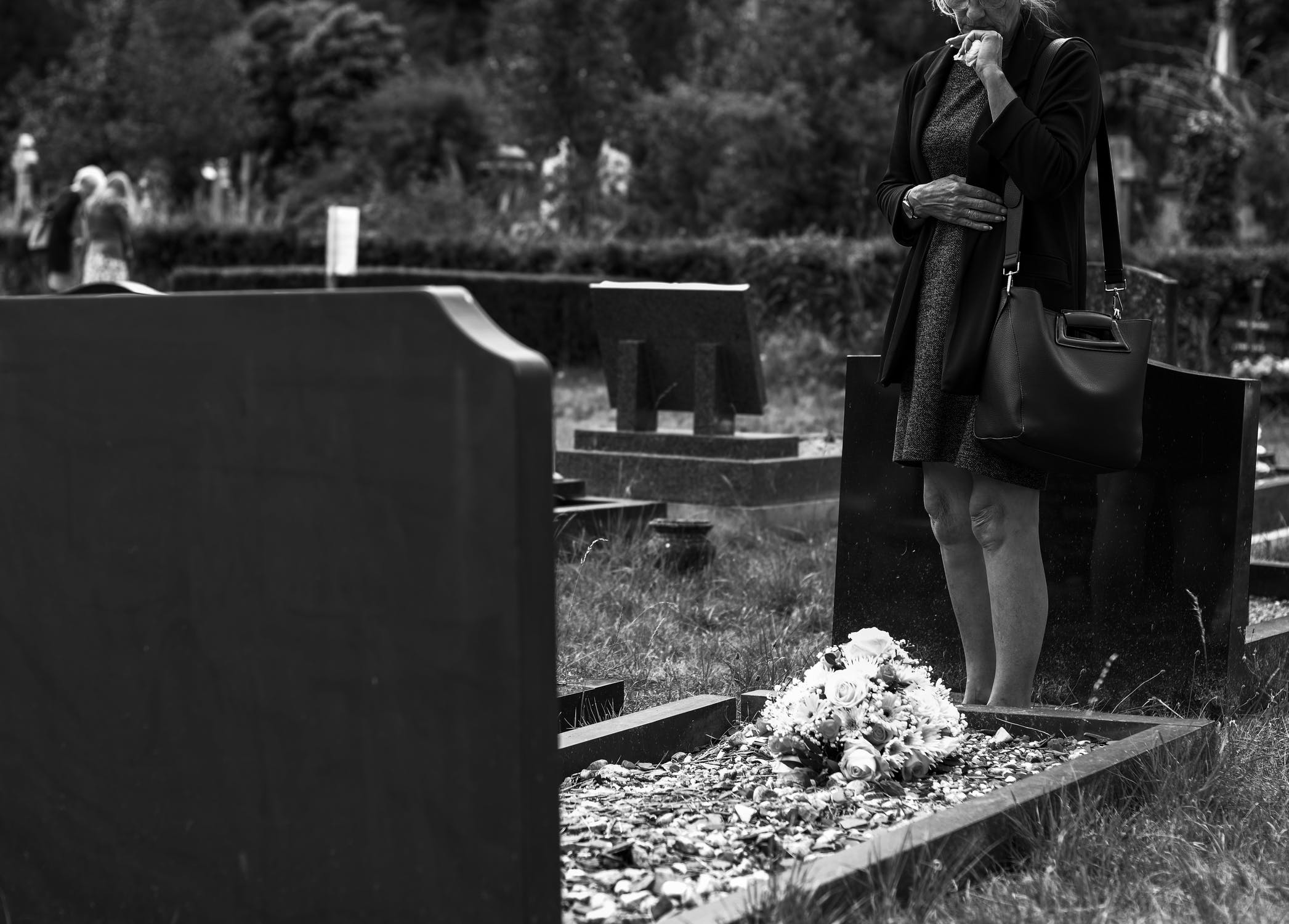
Life is filled with special moments and difficult challenges. Some of the most stressful moments in life revolve around periods of great turmoil, upset, and pain. In particular, the loss of someone special or close to you can be the worst experience imaginable, with the grieving process capable of taking many forms.
Death is obviously a very natural part of life, yet few are truly equipped to deal with its struggles when the time comes. Losing a loved one – whether that be a parent, a child, a spouse or a friend – can wrack our hearts with grief, with the wounds being felt for weeks, months or even years to come.
While the pain of death can never fully be prepared for through academic or philosophical reading, understanding the nature of it can make the process easier to handle. By knowing that the feelings and struggles following the loss of someone are perfectly normal, some comfort can be gleaned. Likewise, knowing in advance how to grasp those future struggles can provide some benefit.
Whether you have recently lost someone or are simply looking for advice for the future, let’s talk about death and how to healthily deal with its struggles.
Talk About Your Loved One
Dealing with grief and coping with the pain is a healthy and normal part of the process. It can be hard to sift through all of the emotions you’re feeling without discussing the loss with others. As such, having a support system in place that can provide this valuable benefit is imperative.
Whether it be fellow family members or close friends, talking about the person you’ve lost can be cathartic in many ways. This kind of discussion can also provide others with the ability to unlock their own grief over the loss of the loved one in question. There are even grief counseling and support networks in many areas that can provide an outlet for discussing these feelings.
An inability or unwillingness to openly discuss the pain you’re feeling can be in a form of denial, in essence. In the absence of support systems, you may even consider seeing a psychologist or therapist in order to work through the grief.
Handle the Arrangements As Needed
Grief, death, and loss affect different people differently. It can even affect the same person differently depending on who has recently passed. Ultimately, it is not easy to know how you’ll respond to the loss of someone close to you but ensuring your personal well-being both emotionally and mentally is paramount.
If the death in question was anticipated or otherwise planned for, then it’s common for all of the funeral arrangements and associated costs to be covered in advance. This certainly takes one logistical nightmare out of the grieving process; it’s one less thing to worry about during a period of loss (read more information about the benefits of pre-planning a funeral).
However, some deaths occur suddenly or occur without a financial plan to cover the expenses. In these situations, you may be asked or expected to help with final arrangements. Many people feel it an honor or a privilege to help with the final arrangements of a loved one, but ultimately, not everybody can bear this burden – financially or emotionally.
Understand that it’s OK if you cannot handle all of these painful responsibilities. It’s always acceptable to ask for help in planning or funding the arrangements, whether that be partially or in its totality.
Care for Yourself and Others
Grief impacts people in many different ways, but it almost always leads to some negative or unhealthy behavior if left unchecked. The reality is that self-care – along with caring for others who are grieving with you – is an absolutely essential part of the process. The pain of loss can manifest through a lack of energy, sadness, bad dietary habits and even the use of addictive or recreational substances.
In order to truly handle this grief in a healthy and sustainable way, make sure to give yourself plenty of rest, choose foods that are healthy and that provide energy, and steer clear of any substances that can be mood altering. In particular, substances such as alcohol worsen the feelings of grief – and that is not what you or anybody else needs during the grieving process.
It’s also vital that you keep an eye on fellow friends or family members. Remember that they will be going through the same emotions as you, and they may be failing to take care of themselves in the process. It doesn’t take much to be a one-person support system in this case: reach out to those who are in pain, let them know you’re there, and gently help guide them in the right direction.
Accept the Inevitable
We’ve all heard of the five stages of grief – and while they may not manifest in any predictable order, they do all appear at one point or another. Sadness and denial are the two most common sentiments felt immediately following the loss of a loved one, but anger and long-term depression can be sinister feelings that creep up on you as well.
There is nothing abnormal about these feelings, and they will all come and go in due time. The key to managing the grieving process successfully is in understanding the nature of these emotions. Additionally, it is vital that the above-mentioned steps are followed in order to process these feelings as healthily and quickly as possible. Every person who has passed deserves to be missed and cared about, but you also deserve to be happy, content and capable of moving on with your life.
There’s no greater form of grief than the loss of someone who is special to you. Handling this painful process isn’t easy but knowing how to deal with your emotions can make the process a bit easier. By accepting the reality of the situation, expressing your emotions to others and making sure to care for yourself and those around you, moving past the pain is possible – and you’ll only be left with happy memories of the person you lost.


